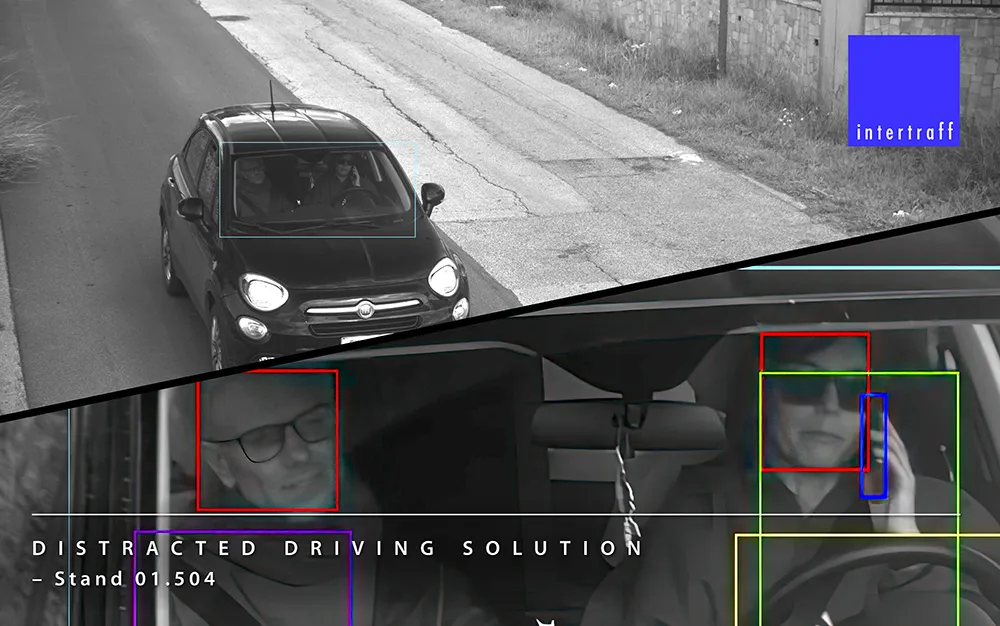The Dutch government is looking into measures to cut the number of deaths and injuries caused by drivers being distracted by their phones, transport minister Melanie Schultz told Algemeen Dagblad.
This could mean that mobile phone manufacturers could be required to fit devices that stop people using their handsets while driving.
Currently motorists only break the law if they pick up the phone while driving, but the government says research shows that even hands-free use significantly increases the ris
November 29, 2016
Read time: 1 min
The Dutch government is looking into measures to cut the number of deaths and injuries caused by drivers being distracted by their phones, transport minister Melanie Schultz told Algemeen Dagblad.
This could mean that mobile phone manufacturers could be required to fit devices that stop people using their handsets while driving.
Currently motorists only break the law if they pick up the phone while driving, but the government says research shows that even hands-free use significantly increases the risk of an accident. Schultz said she would look into the feasibility of a total ban. She is also considering technological solutions and is talking to the telecoms companies about making phones switch off certain functions when travelling
This could mean that mobile phone manufacturers could be required to fit devices that stop people using their handsets while driving.
Currently motorists only break the law if they pick up the phone while driving, but the government says research shows that even hands-free use significantly increases the risk of an accident. Schultz said she would look into the feasibility of a total ban. She is also considering technological solutions and is talking to the telecoms companies about making phones switch off certain functions when travelling









